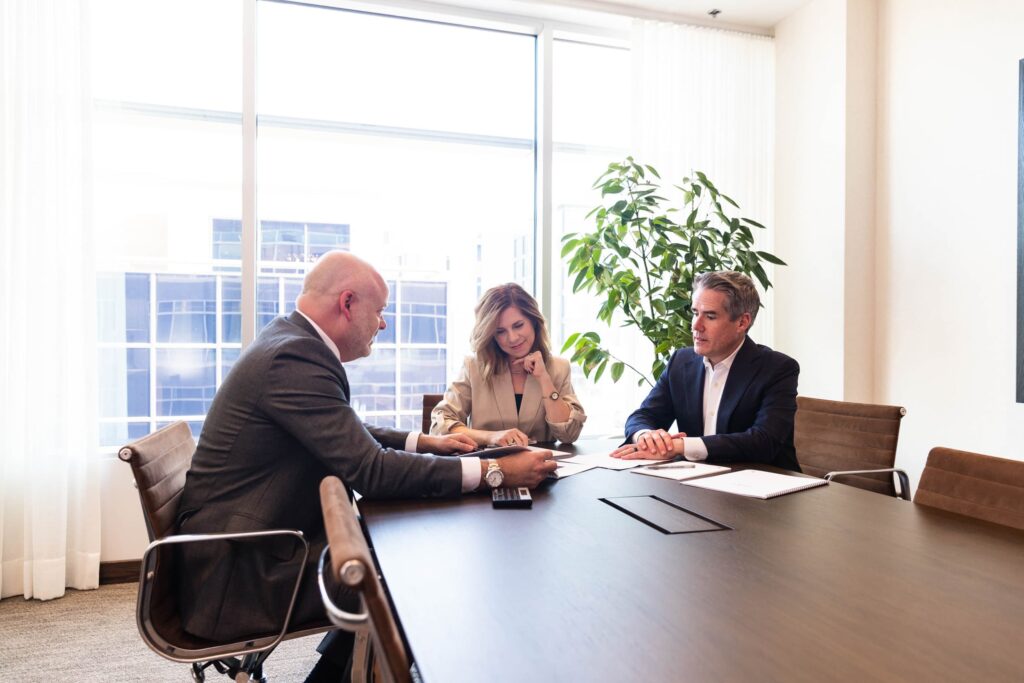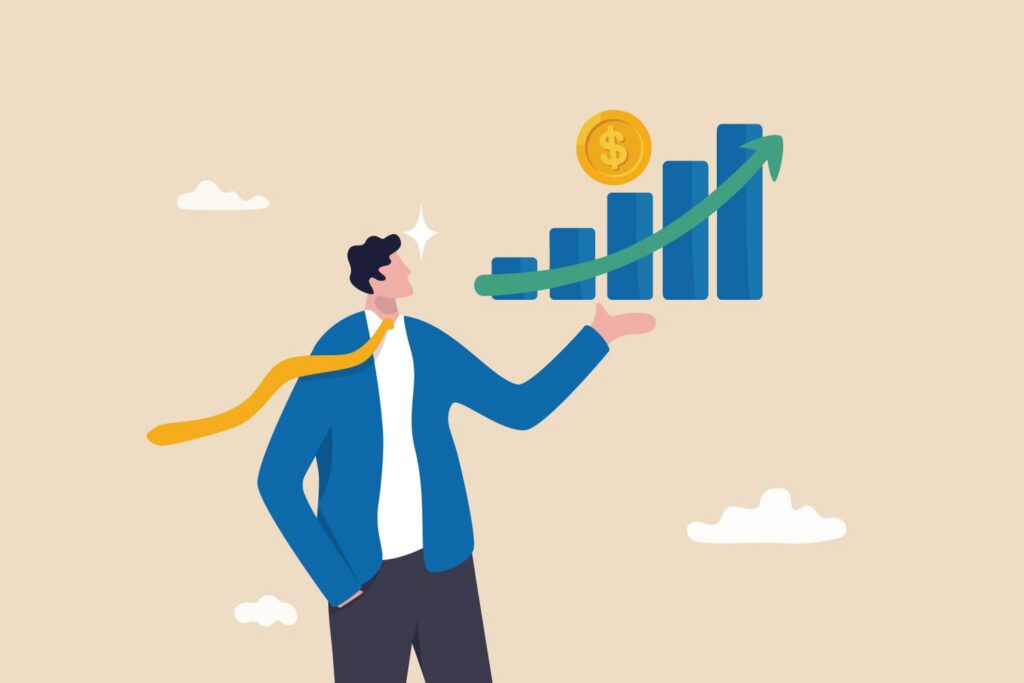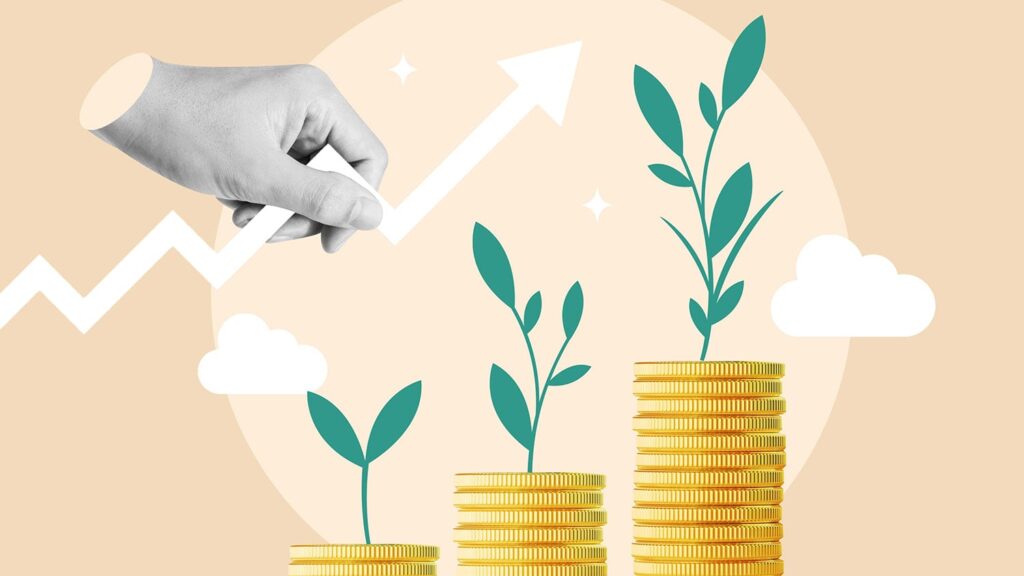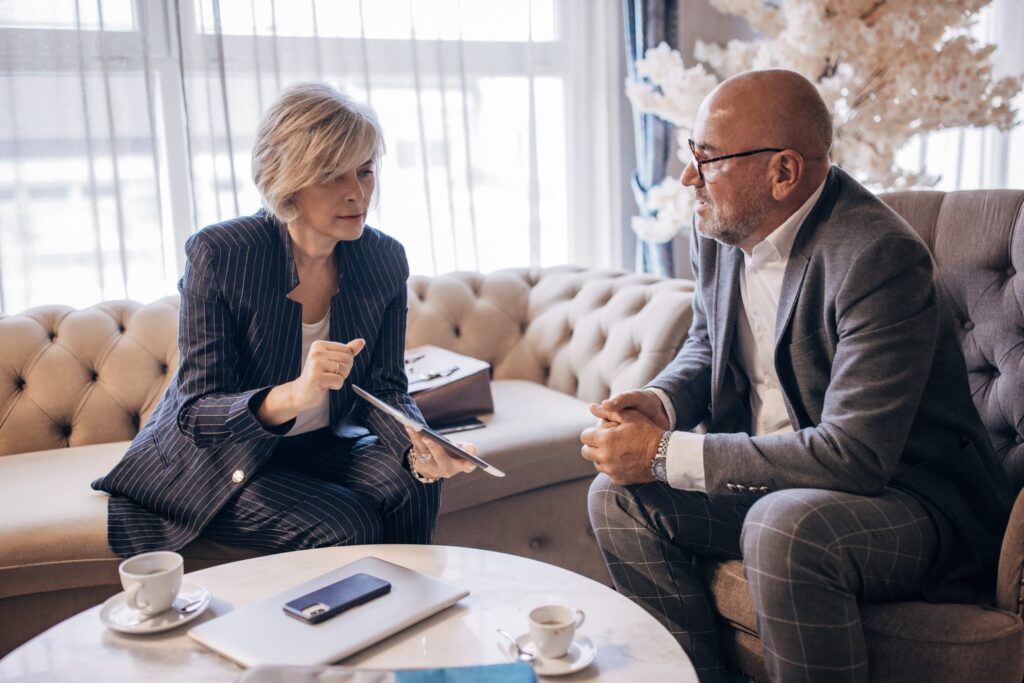Latest Insights
Brown and Company Keeps You Posted

How to Write a Beneficiary Letter of Instruction: Purpose, key details and tips
A death in the family can be complicated, especially for the loved ones who were left behind. Aside from emotions and loss, families or next of kin are often left to sort through the complexities of estates, financial documents, and wills to carry out what the deceased intended. A beneficiary letter – also called a ... How to Write a Beneficiary Letter of Instruction: Purpose, key details and tips
Tax and Wealth Planning: 10 Essential High-Net-Worth Tax Strategies to Preserve Wealth
Learning how to manage sudden wealth often begins with a single realization. Taxes are no longer a background issue. For high-net-worth individuals, tax exposure expands quickly as income sources multiply, portfolios become more complex and long-term planning moves from accumulation to preservation. Tax planning becomes more challenging at higher wealth levels because fewer decisions exist ... Tax and Wealth Planning: 10 Essential High-Net-Worth Tax Strategies to Preserve Wealth
5 Tips on How to Protect Your Assets in Retirement
Before you retire, you may be focused on growing your assets to help provide for you in your later years. Once you retire, that strategy should shift from growth to preservation. You may not need as much income in retirement, but that doesn’t mean you will always have fewer expenses. You may have to deal with rising healthcare costs, market volatility, or personal liability. Even if everything goes ... 5 Tips on How to Protect Your Assets in Retirement
Understanding Today’s Most Common Financial Planning Issues
It can be hard to start making money moves when you’re hesitant to talk about finances. But unfortunately, this is a common problem for many Americans. While talking about financial stressors can help lead to money solutions and better financial planning, 40% of Americans don’t feel comfortable talking about them, according to a survey from ... Understanding Today’s Most Common Financial Planning Issues
How to Manage Sudden Wealth: 5 Tips for a Strong Financial Future
Sudden wealth can arrive quietly or all at once. An inheritance. The sale of a business. A legal settlement. Stock options that finally vest. Even long-anticipated liquidity can feel disorienting once the money actually lands. If you’re learning how to manage sudden wealth, start by slowing down. Secure the assets, understand the tax impact, build a safety net and then create a long-term plan ... How to Manage Sudden Wealth: 5 Tips for a Strong Financial Future
A Complete Guide to Transferring Wealth to the Next Generation
For many high-net-worth families, transferring wealth to the next generation is less about numbers on a balance sheet and more about protecting people, relationships and choices. It is the moment where decades of work, discipline and sacrifice begin to move from one chapter to the next. Yet wealth transfer rarely unfolds as smoothly as families expect. Without careful planning, even significant ... A Complete Guide to Transferring Wealth to the Next Generation
Why Estate Planning Is Important: Protecting What Matters Most
Think about the life you’ve built—your home, your savings, your business, the things that matter most. Without a clear estate plan, those pieces can end up in limbo, leaving your loved ones to make difficult decisions during an already painful time. So why is estate planning important? It isn’t about perfection. It’s about making sure ... Why Estate Planning Is Important: Protecting What Matters Most
How to Determine Your Risk Tolerance: A Practical Guide to Smarter Investing
Understanding your risk tolerance is one of the most important decisions you’ll make as an investor. At Brown and Company, we view this concept as the foundation for every successful investment strategy. Yet, it’s often misunderstood or oversimplified. So, what is risk tolerance? At its core, it’s your ability and willingness to withstand fluctuations in ... How to Determine Your Risk Tolerance: A Practical Guide to Smarter Investing
The Power of Compound Interest: How Wealth Multiplies Over Time
The Power of Compound Interest: How Wealth Multiplies Over Time Denver residents—particularly those with substantial assets—face a distinct financial environment shaped by appreciating real estate, rising taxes, and a rapidly evolving investment landscape. For affluent families and individuals, one principle remains timeless and powerful: compound interest. Whether you’re a successful entrepreneur seeking tax-efficient growth, a ... The Power of Compound Interest: How Wealth Multiplies Over Time
10 Estate Planning Essentials for Denver Families and Professionals
Estate planning in Denver goes beyond legal documents. For high-net-worth individuals in Denver and throughout Colorado, it means coordinating legal, financial and personal decisions to control how your assets are managed during life and distributed after death. A well-executed plan offers: Clarity on who receives what Control if you become incapacitated Protection for the people ... 10 Estate Planning Essentials for Denver Families and Professionals
Estate Planning vs. Will: What’s the Difference?
Planning for the future is more than a legal task – it’s a personal responsibility. At the heart of that planning are two essential terms: will and estate plan. While they’re often used interchangeably, they serve very different purposes. Understanding the difference between a will and a full estate plan can help you protect your ... Estate Planning vs. Will: What’s the Difference?
Making Sense of Recent Bank Headlines
What is going on? Late last week, liquidity concerns and a run on deposits resulted in the failure of Silicon Valley Bank – the second biggest banking collapse (measured by assets) after Washington Mutual in 2008. On Friday, SVB was placed under government control, as the Federal Deposit Insurance Corp. took over the bank’s deposits. On Sunday, ... Making Sense of Recent Bank Headlines





